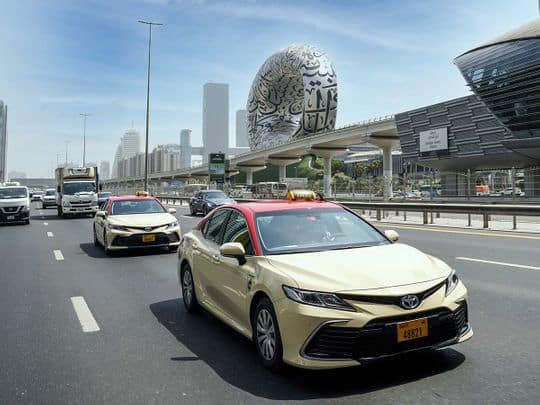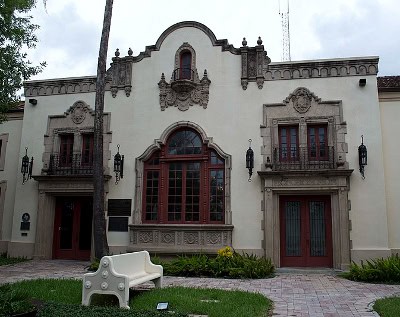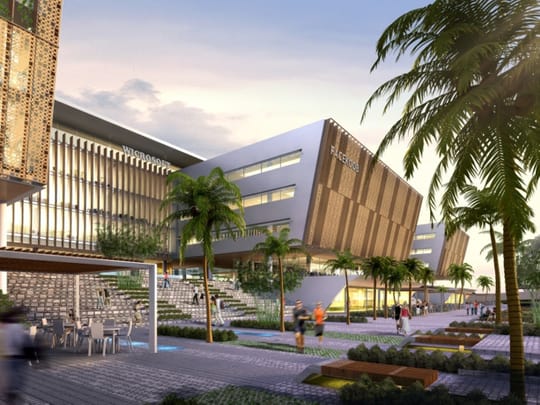This strategy aims to achieve a wide range of corporate goals with an emphasis on electric mobility, excellent operation, financial sustainability, customer happiness, and having an impact on the future.
The plan is based on the following nine pillars: smart cities, huge data, governance, security systems and improved systems, process automation and initiatives to go paperless, potential transformation, and intelligent services.
45 initiatives, including artificial intelligence, are included in the 9 key drivers of DTC’s modern transformation strategy.
These initiatives include a system for Taxi Demand Prediction to distribute vehicles based on the entered data, an automated AI response ( chatbot ) to customer inquiries, voice virtual assistance at the call center to answer customer requests, and Driver Face Recognition System to verify the driver’s identity and comply with security measures if the vehicle is only being used by an unauthorised driver.
It even includes installing onboard sensors and connecting them to domestic systems to receive notifications before the occurrence of malfunctions, studying the setup of an integrated system for registering companies supplying foreign workers on the supply platform, and strengthening communication with companies in order to improve DTC’s performance in attracting and appointing drivers. This is in addition to the Customer Voice Recognition System, which verifies customer identity.
The Internet of Things and Smart Revenues
The development of points of interest on the DTC App, which offers business highlights, a school bus trip tracking system that enables parents to track trips, streamlines and automates operational processes, and the ability to pay through the portal are all examples of smart revenue. The goal of the Internet of Things is to create a system that uses artificial intelligence to automate processes and procedures.
Smart City and Big Data
The integration of DTC’s e-services with the service sites and their provision to outside customers is a concern for the smart city. The big data includes a clever scale for clients using the DTC App to rate the performance of drivers. Additionally, it involves reorganizing data in DTC’s data centers to help with data integration and analysis and support decision-making and potential planning. In order to streamline the integration of new systems with existing systems, it also brings all services under the single platform of DTC, which makes it easier for customers to access the company’s services. It also introduces a second system that connects the internal and external systems of TTC ( Integration layer- API connector ) through secure channels.
Upgrades to systems, security, and governance
In order to avoid disruptions brought on by server downtime, this initiative focuses on safeguarding DTC’s database and monitoring systems.
Paperless Strategy and Process Automation
This aspect is focused on employee-focused initiatives, such as implementing an attendance management system, working with the Dubai Government’s digital recruitment platform ( recruitment and onboarding ), and automating a smart educational system ( LMS ) that is specifically designed for smart driver learning systems. Additionally, it includes the automated initiative, which aims to reduce and automate DTC’s paper process transactions and create a strategy to use fewer carbon emissions and paper transactions.
Smart Services and Future Transformation
The potential transformation focuses on developing a driver’s airport queuing system for taxis and limousines at Dubai airports, managing passenger movement in order to obtain taxi and limo services there, and researching creating electronic control centers that give control center staff access to the systems from any location. The strategy includes developing and automating additional services for drivers, employees, and suppliers as well as bright services related to the integration of customer relation management systems.










